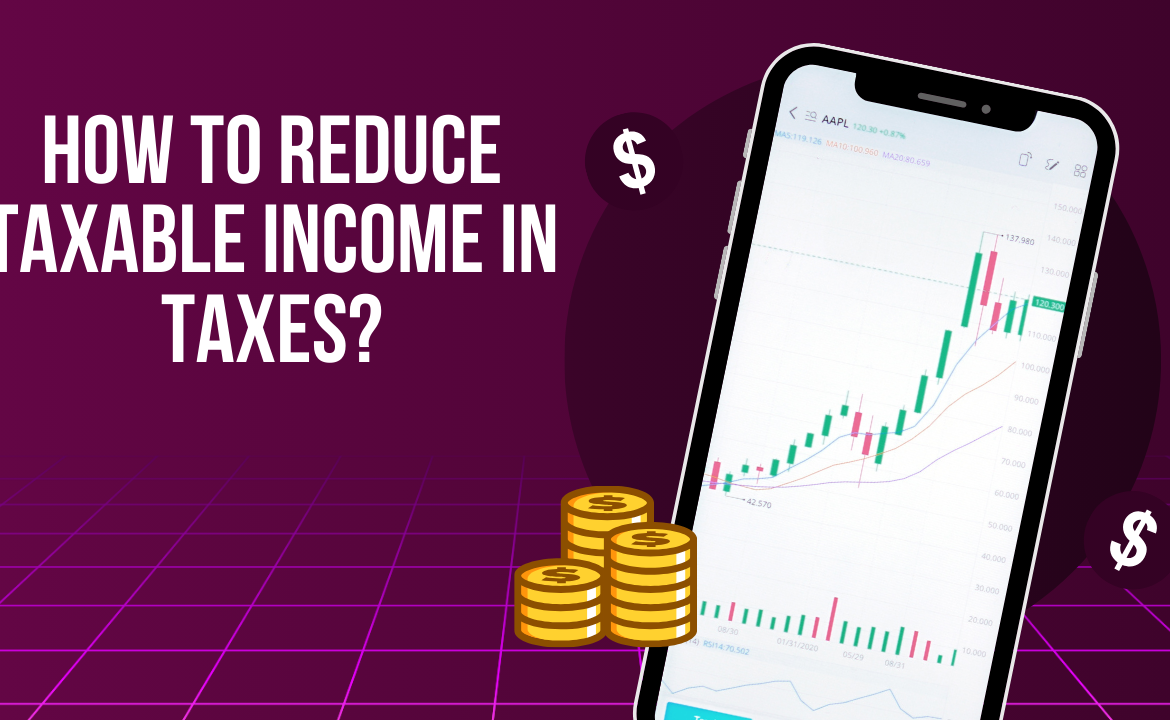Reducing taxable income is a key strategy for minimizing tax liabilities and optimizing financial outcomes. By employing various tax planning techniques, individuals and businesses can effectively lower their taxable income and potentially qualify for deductions, credits, and exemptions. Key methods include maximizing contributions to retirement accounts, leveraging deductions for charitable donations, and taking advantage of tax credits. Additionally, strategic timing of income and expenses can also play a crucial role. Understanding these strategies and their implications is essential for making informed decisions that align with overall financial goals while ensuring compliance with tax regulations.

What is Taxable Income?
Taxable income is the portion of an individual’s or entity’s earnings that is subject to government taxation. It encompasses various sources of income, including wages, salaries, dividends, interest, capital gains, and other forms of earnings. To determine taxable income, start with the total gross income and then subtract allowable deductions such as contributions to retirement accounts, student loan interest, and mortgage interest. The resulting amount represents the income on which taxes are owed. Understanding what constitutes taxable income is essential, as it directly influences the total tax liability and eligibility for certain tax benefits. Accurate reporting of taxable income is vital for compliance with tax regulations and effective tax planning, ensuring that taxpayers can take advantage of potential deductions and credits while fulfilling their legal obligations.
Why Should You Reduce Your Taxable Income?
Reducing your taxable income is a smart financial strategy that can lead to significant savings and improved financial stability. By lowering your taxable income, you effectively reduce the amount subject to taxation, which can result in a smaller tax bill. This can be accomplished through methods such as maximizing contributions to retirement accounts, utilizing available tax deductions, and claiming eligible credits. Reducing your taxable income not only helps you retain a larger portion of your earnings but can also position you in a lower tax bracket, which further decreases your overall tax rate. Additionally, thoughtful tax planning and income management can enhance your eligibility for various tax benefits and help you avoid potential penalties. Overall, reducing taxable income is a proactive step towards optimizing your financial health and ensuring efficient tax management.
The Key Strategies to Reduce Taxable Income
To effectively reduce taxable income, consider these key strategies:
- Maximize Retirement Contributions: Contribute to retirement accounts like 401(k)s or IRAs to lower your taxable income while enhancing your retirement savings.
- Claim Allowable Deductions: Deduct expenses such as mortgage interest, student loan interest, and charitable donations to reduce taxable income.
- Invest in Tax-Advantaged Accounts: Utilize Health Savings Accounts (HSAs) and similar accounts to gain additional tax benefits.
- Strategic Timing of Income and Expenses: Defer income to future years or accelerate deductions to optimize tax outcomes.
- Utilize Tax Credits: Take advantage of credits for education or energy-efficient home improvements to further lower your tax liability.
Taking Advantage of Tax Credits: What Are They?
Definition: Tax credits are government-provided financial incentives that directly reduce the amount of tax owed, unlike deductions that lower taxable income.
Types of Tax Credits:
- Education Credits: The American Opportunity Credit and Lifetime Learning Credit help offset educational expenses.
- Energy Efficiency Credits: Credits for installing solar panels or making other energy-efficient home upgrades can reduce taxes for homeowners.
- Child Tax Credit: Provides financial relief for families with dependent children.
Benefits: Tax credits are highly effective in reducing your overall tax liability and can lead to a larger refund.
Utilization: To maximize financial benefits, understand and take advantage of the various tax credits available based on your circumstances.
Tax Advantages of Investing in Tax-Deferred Accounts
- Immediate Tax Deduction: Contributions to tax-deferred accounts like 401(k)s and traditional IRAs are made with pre-tax dollars, reducing your taxable income for the current year and lowering your overall tax bill.
- Tax-Deferred Growth: Investments in these accounts grow without being taxed until you withdraw the funds, allowing your investments to benefit from compound growth without annual tax burdens.
- Earnings Accumulation: Interest and earnings within tax-deferred accounts accumulate on a tax-deferred basis, which can lead to significant growth over time.
- Retirement Savings: These accounts help you save more effectively for retirement, providing long-term financial benefits and maximizing your investment potential.
How Can Business Expenses and Deductions Reduce Taxable Income?
Business expenses and deductions are essential for reducing taxable income and improving financial efficiency. By deducting allowable expenses such as office supplies, travel costs, and employee salaries, businesses can decrease their overall taxable income. These deductions are subtracted from the gross income, thus reducing the taxable amount. Common deductible expenses include rent, utilities, and asset depreciation.
Costs related to professional services and marketing can also be deducted. Proper accounting and documentation of these expenses are crucial for compliance with tax regulations and maximizing available tax benefits. Effectively managing business deductions not only lowers taxable income but also enhances financial efficiency, leading to a stronger bottom line. Leveraging these deductions allows businesses to optimize their tax strategy and minimize their tax liability, contributing to better overall financial health.
Conclusion

Hello, I am Tanisha Kriplani, graduated in computer science from Delhi University. I am passionate about web content writing and have a strong interest in Data Analytics and Data Engineering.












